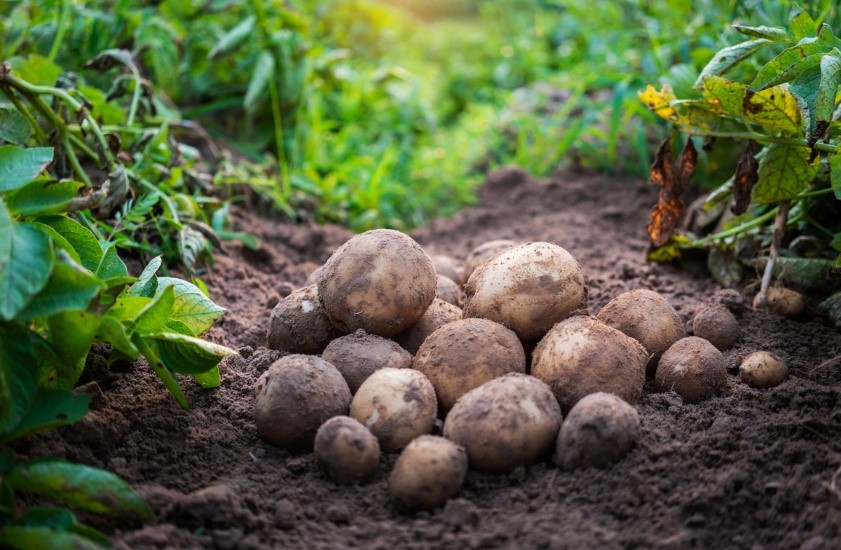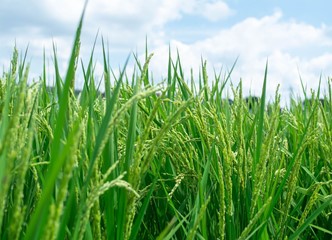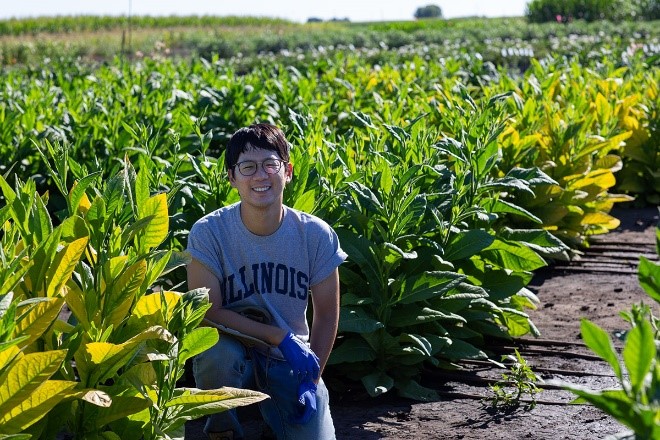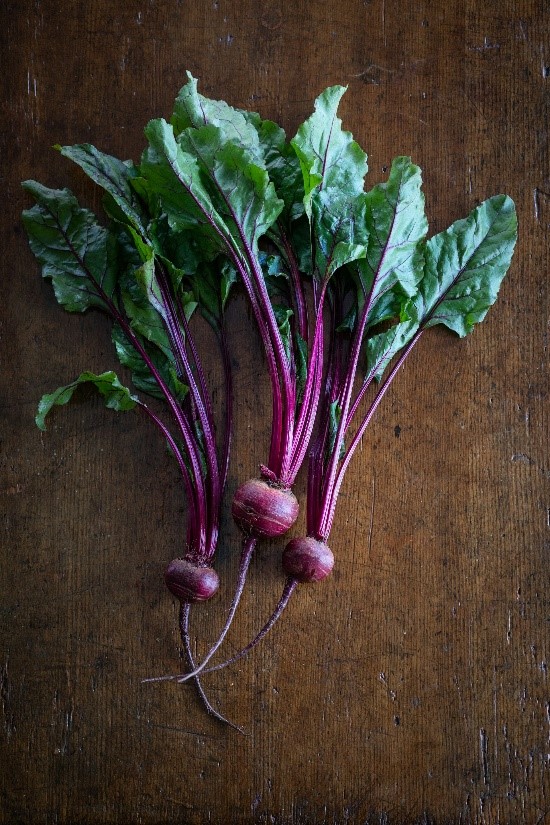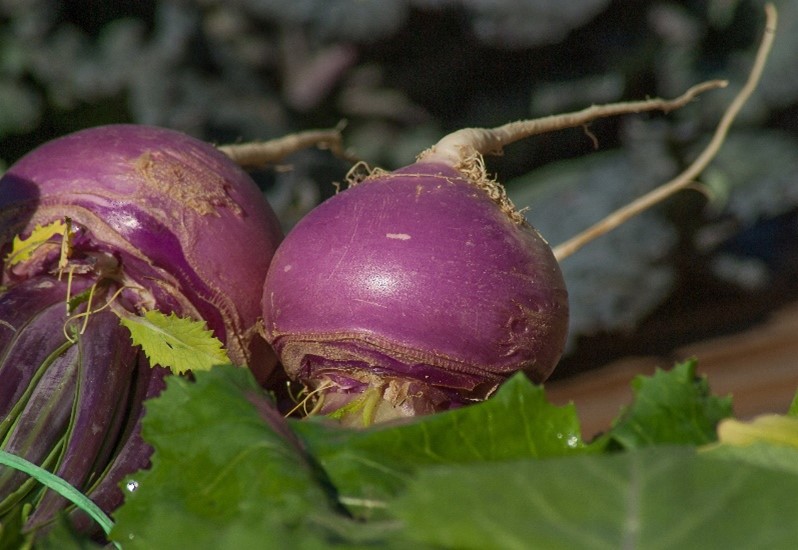Microalgae Protects Rice from Bacterial Blight
Scientists from India identified that the Chlorella thermophila (CT) microalgal strain possesses antimicrobial activity against pathogens that cause bacterial rice blight. The microalgae can also help with wastewater treatment. Rice is a food staple for over 65% of the world's population, so it is necessary to have a huge supply »





